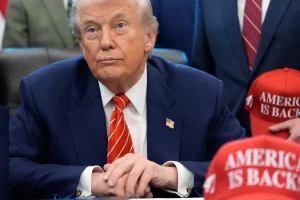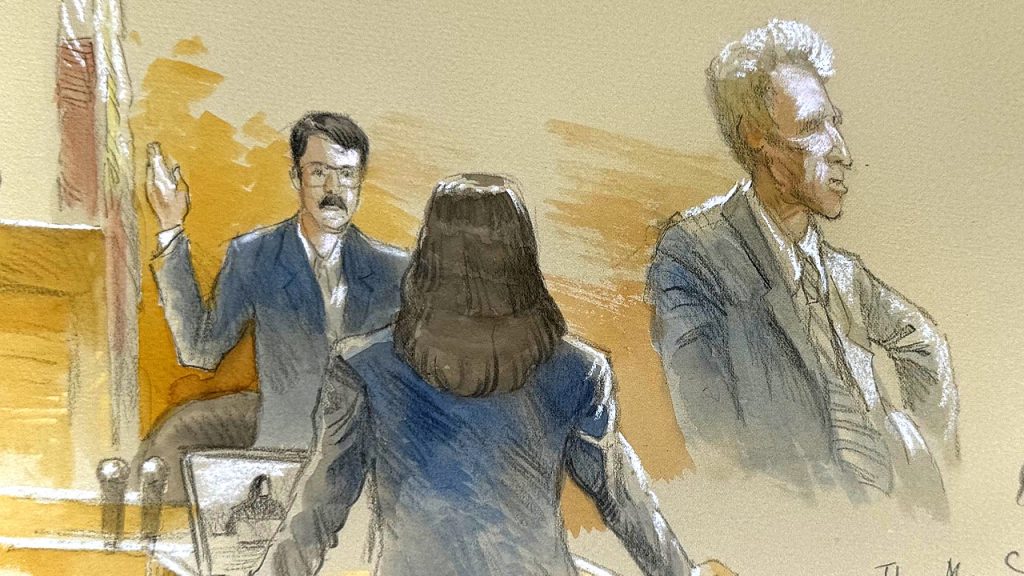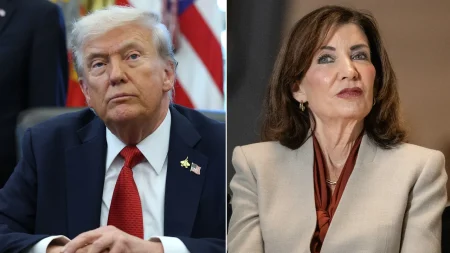The Trump Assassination Attempt Trial Enters a Critical Phase
The trial of Ryan Routh, accused of attempting to assassinate former President Donald Trump at his West Palm Beach golf club in 2024, is moving into a decisive eighth day of proceedings. As the Justice Department prepares to call several key witnesses on Wednesday, the case continues to unveil the complex web of evidence surrounding one of the most high-profile assassination attempts in recent American history.
At the heart of Wednesday’s testimony will be Ronnie Jay Oxendine, the man allegedly responsible for selling Routh the rifle connected to the case. His testimony could provide crucial context about Routh’s acquisition of the weapon and his state of mind leading up to the incident. The prosecution has also lined up multiple FBI specialists, including task force officer Patrick Lantry, agents Aaron Thompson, Matthew Perry, Garett Foo, and digital forensic examiner Laura Haller. Their collective expertise will likely offer insights into the investigation’s technical aspects, from crime scene analysis to digital evidence recovery. Two Spanish-speaking witnesses, Lazaro and Samuel Plata, will also testify with the assistance of court translators, potentially filling in additional details about Routh’s activities or connections.
Tuesday’s proceedings brought forward compelling digital and forensic evidence that painted a troubling picture of Routh’s alleged intentions. Jurors were shown WhatsApp messages and texts reportedly recovered from Routh’s phones, including damning statements such as “I hate him… shan’t get elected again” in reference to Trump, and another message reading, “If I can help just let me know what to do.” These communications suggest a premeditated hostility toward the former president and potentially point to a willingness to act on those feelings. The digital breadcrumbs left on Routh’s devices may prove to be among the most convincing elements of the prosecution’s case, offering a window into the defendant’s mindset before the alleged assassination attempt.
The forensic evidence presented thus far appears equally compelling. FBI experts testified that Routh’s DNA was strongly linked to several key items of evidence, including the rifle grip, a bag, a glove, and other items discovered in what prosecutors described as a “sniper’s nest.” This physical evidence creates a direct connection between Routh and the alleged crime scene, making it increasingly difficult for him to distance himself from the assassination plot. Judge Aileen Cannon, a Trump appointee, has maintained strict control over the courtroom throughout the proceedings, frequently pressing prosecutors to keep questioning concise and admonishing Routh—who has chosen to represent himself—for his disruptive interruptions during testimony.
The decision by Routh to serve as his own attorney has added an unusual dimension to the high-stakes trial. Self-representation in such a complex federal case presents significant challenges, as Routh must navigate intricate legal procedures and evidentiary rules without professional legal training. His frequent interruptions during witness testimony, which have drawn reprimands from Judge Cannon, may be further undermining his defense. As prosecutors approach the conclusion of their case, expected by week’s end, Routh will soon face the daunting task of presenting his own witnesses and mounting a coherent defense against the government’s methodically constructed narrative of an assassination plot.
The trial represents a pivotal moment in the ongoing national conversation about political violence and the protection of public figures. The attempted assassination of a former president—and current presidential candidate at the time of the incident—sent shockwaves through the American political landscape. As prosecutors prepare to rest their case and Routh prepares to begin his defense next week, the nation watches closely as justice unfolds in a case that touches on fundamental questions about democracy, political discourse, and the consequences of extremism. The outcome will likely resonate far beyond the courtroom, influencing security protocols for political figures and perhaps even shaping public perception of political tensions in America.














